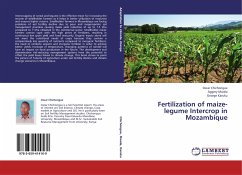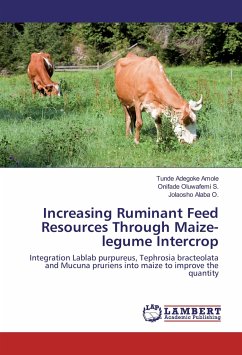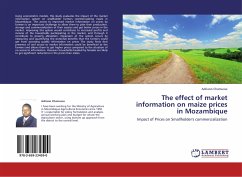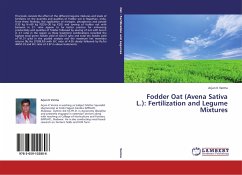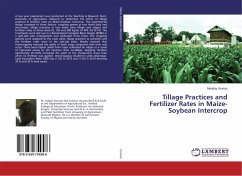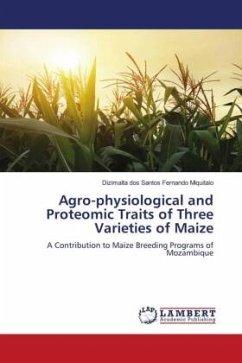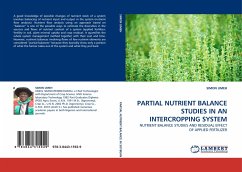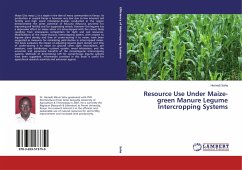Intercropping of cereal and legume is the effective mean for increasing the income of smallholder farmers as it helps in better utilization of resources and ensures higher returns. Smallholder farmers in Mozambique are facing problems of soil fertility decline due to poor and inappropriate soil management practices causing maize yield reduction of up to 1.5 t/ha compared to 7 t/ha obtained in the commercial sector. Smallholder maize farmers cannot cope with the high prices of fertilizers, resulting in continuous low grain yield and food insecurity. Organic inputs alone will not meet the nutritional needs of crops because they contain a comparatively less quantity of nutrients compared to inorganic fertilizers, the need to combine organic and inorganic fertilizer in order to achieve better yields. Increases in temperature, changing patterns of rainfall will have an impact on food production in the future. The development and dissemination risk-reducing management options have the potential to offset the yield losses linked to climate change. This book strives to paint the picture of futurity of agriculture under soil fertility decline and climate change scenarios in Mozambique.
Bitte wählen Sie Ihr Anliegen aus.
Rechnungen
Retourenschein anfordern
Bestellstatus
Storno

